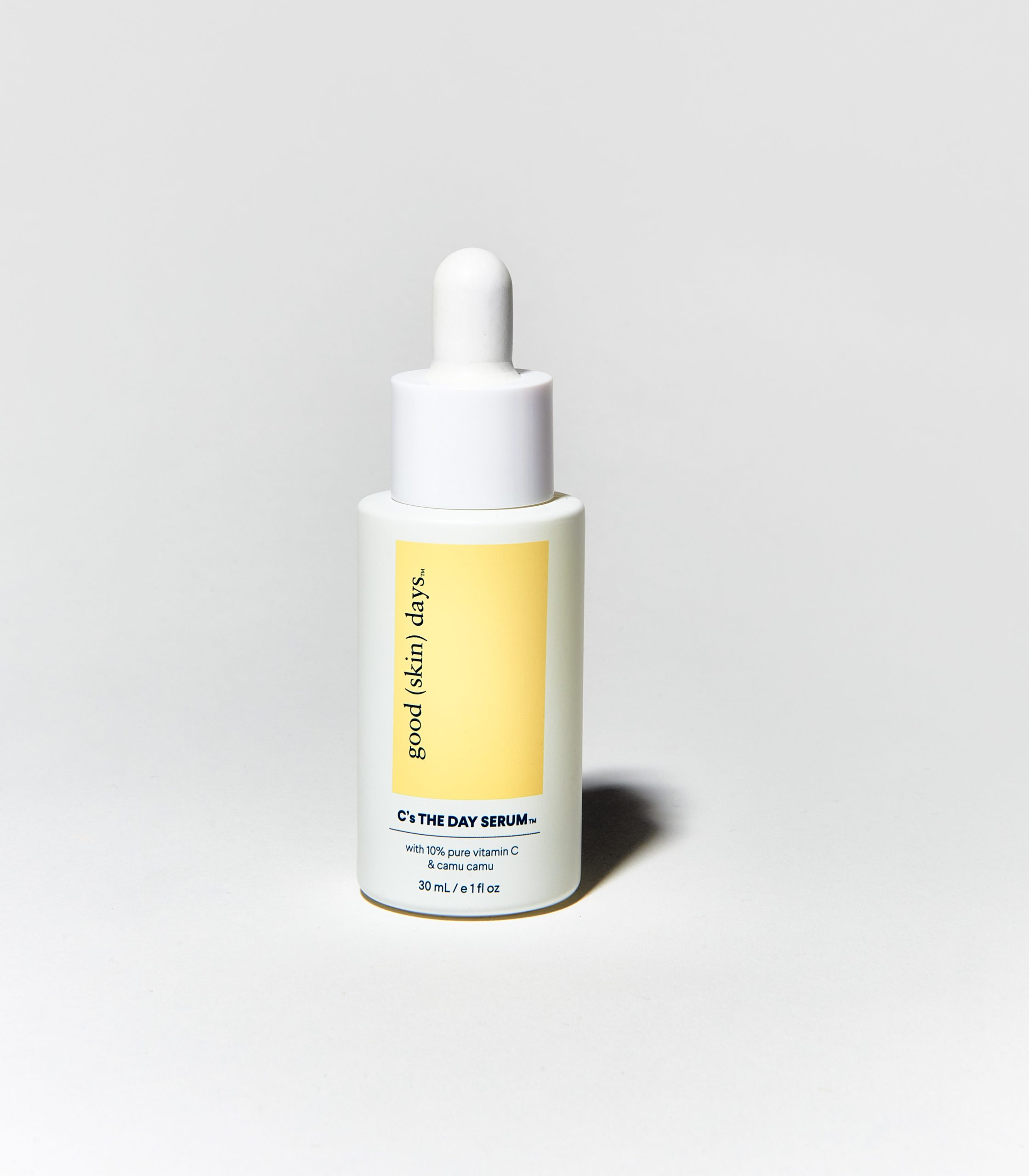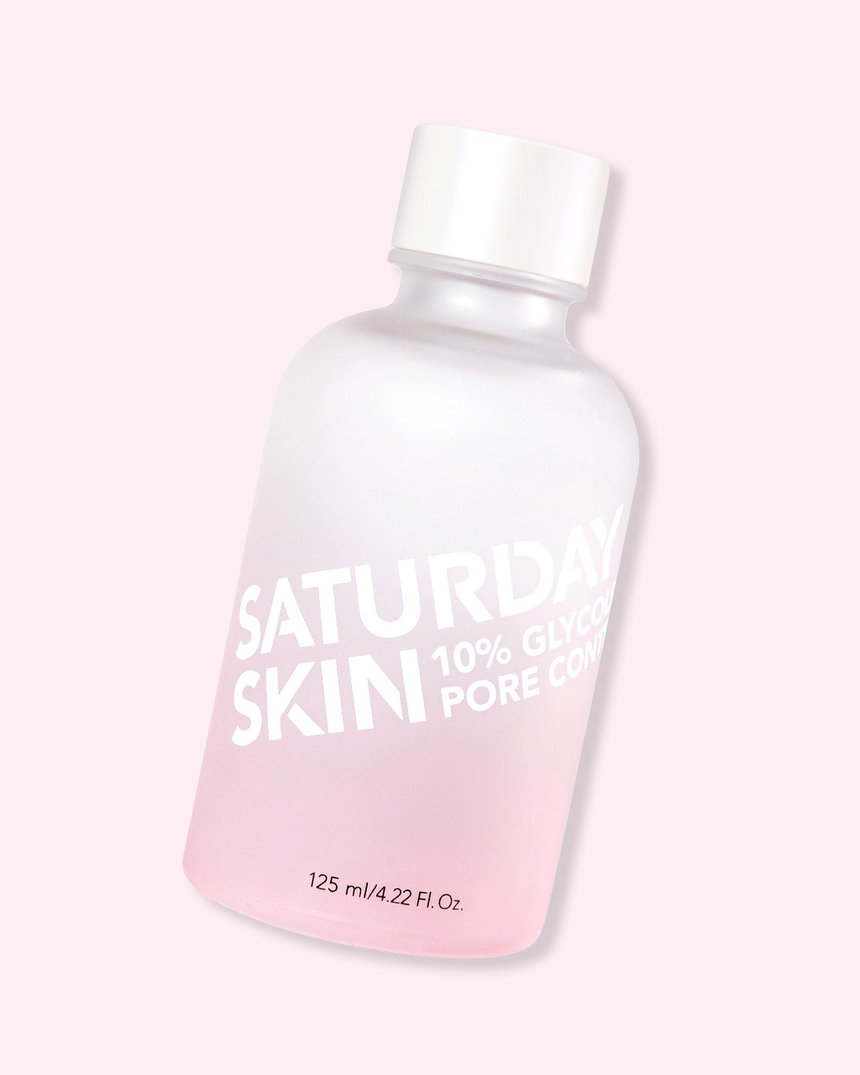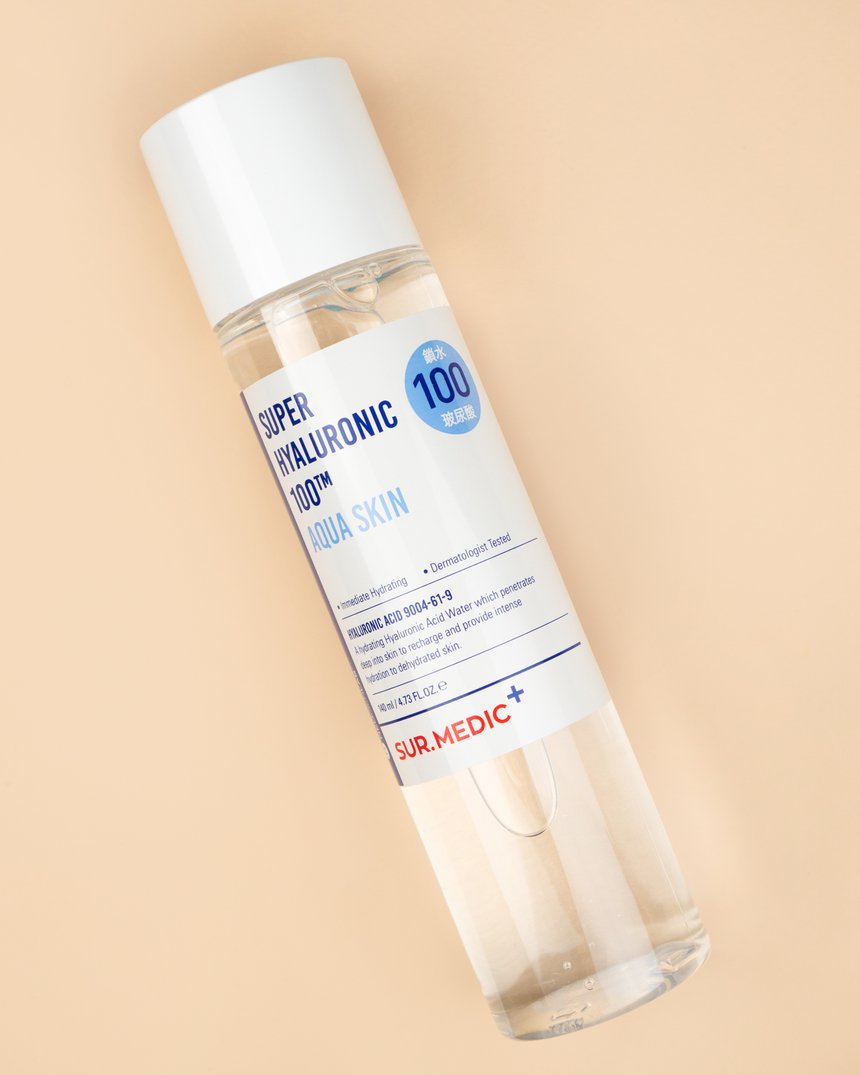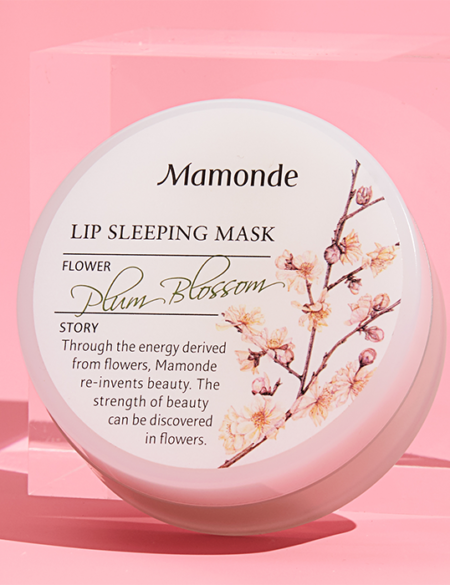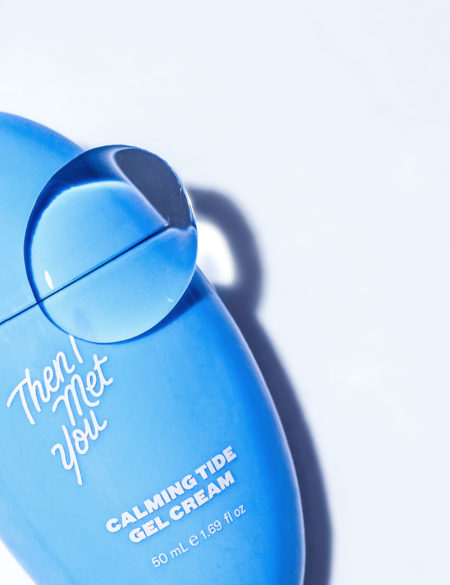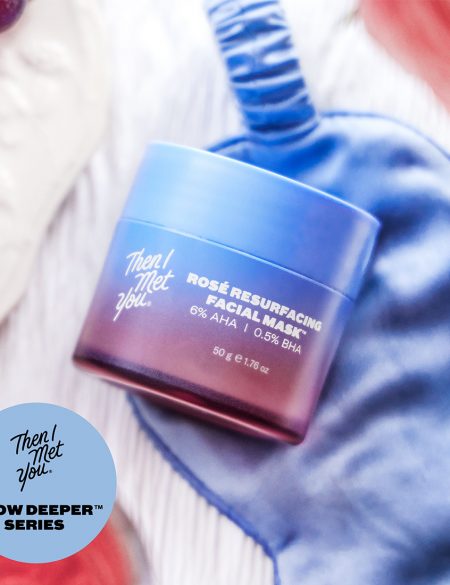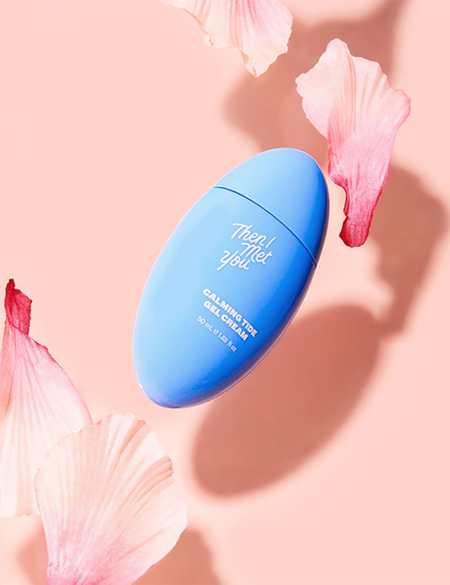Ever notice how there are different names for skin care ingredients? The fact that there are four variations of “green tea extract” was reason enough for us to create this guide to the “aliases” of some of your favorite skin care ingredients. Enjoy this guide next time you can’t figure out what “ascorbyl glucosamine” is.
The most important thing about being a consumer of any product is actually knowing what you are using, asking all the right questions, and doing the proper research. Now, not everybody has time to go through a list of long, scientific names and try to decode them (at least I know I don’t), and with “naturals” being a hot word in the beauty industry these days (and considering the many varying definitions of that term), it can be hard to know what ingredients you can trust and if what it says on the front of the packaging even matches the back.
So, here is a list of some of the most common skin care ingredients that have more than one name on packaging and ingredient lists:
Oleic Acid
This fatty acid is the best for moisturizing oily skin without giving it an unhealthy shine. But did you know that safflower oil is considered an oleic acid?
Safflower oil
Vitamin C
Who doesn’t love some of this amazing, brightening anti-ager? The Good (Skin) Days C’s the Day Serum is my personal favorite go-to right after I cleanse to really smooth and brighten my skin. Since vitamin C does—in fact—make your skin more sensitive to sunlight, it’s important to be able to identify which products contain it. Here are some other names for vitamin C:
Ascorbic Acid
Ascorbyl Palmitate
Sodium Ascorbate
Sodium Ascorbyl Phosphate
Magnesium Ascorbyl Phosphate (MAP)
Tetrahexyldecyl Ascorbate (THDA) (also denoted Ascorbyl Tetraisopalmitate)
Ascorbyl Glucoside
Ascorbyl Glucosamine
Glycolic Acid
This acid is a go-to hydrator and exfoliator. You really can’t go wrong with it. Saturday Skin’s Pore Clarifying Toner 10% Glycolic Acid is a great option for those looking to explore all of this AHAs benefits! However not all products contain the same forms of it, so make sure you also look out for these aliases:
a-Hydroxyacetate
Dicarbonous acid
hydroxy-acetic acid
alpha-Hydroxyacetate
a-Hydroxyacetic acid
2-hydroxy acetic acid
Birch Juice
These days, birch juice is almost a more popular K-beauty ingredient than water. It’s so hydrating and gentle that it has become a staple in skin care. When looking out for birch juice or birch sap extract, be sure to also keep your eyes peeled for:
Betulaceae
Betula alba
Salicylic acid
While it isn’t the most mysterious ingredient out there, a lot of people don’t realize that in some products salicylic acid can simply be listed as BHA, when it is in fact a type of BHA.
Beta-hydroxy acid (BHA)
Hibiscus extract
The “botox plant” is also known as roselle in some skin care and fragrance formulas. It’s a rare find but also super amazing for anti-aging and giving yourself a more plump and youthful complexion.
Roselle
Yuja
This Japanese citrus will brighten your skin like no other. Here are some of its aliases out in the skin care world:
Yuzu
Yuza
Citrus junos
Green Tea Extract
Who doesn’t love the calming and rejuvenating effects of green tea, both on your skin and in your cup? As green tea becomes the IT girl of skin care, be sure to watch out for its other names:
Camellia Sinensis Leaf Extract
Tea Leaf Absolute
Thea Chinensis Extract
Camellia Sinensis (Tea Plant) Leaf Extract
Licorice Extract
It’s not just a spooky Halloween candy. Licorice is a great way to fix age spots and even out your skin. Here are some of its “undercover” ingredient names:
Dipotassium glycyrrhizate
Sweet root
Hyaluronic Acid
Hyaluronic Acid, or HA, is one of the OG hydrating acids naturally produced in the body that provides immediate results. For a hit of instant moisturization and nourishment slather your skin in SUR.MEDIC+ Super Hyaluronic 100TM Aqua Skin, a super rejuvenating toner. This ingredient can come in many forms:
Glycoaminoglycane
Sodium Hyaluronate
Glycoaminoglycan
Hyaluran
Hyaluronan
Hyaluronate Sodium
Hylan
Sodium Hyaluronate
Vitamin A
This is everyone’s anti-aging BFF. Vitamin A can be great for combatting aging and even acne. Here are some of the most common variations:
Retin A
Avita
Atralin Renova
Niacinamide
Last but not least: niacinamide. This form of vitamin B3 will keep your skin refreshed and brightened. It also will help your other skin care ingredients be more effective! Check out two of its other names:
Vitamin B3
Nicotinic acid



